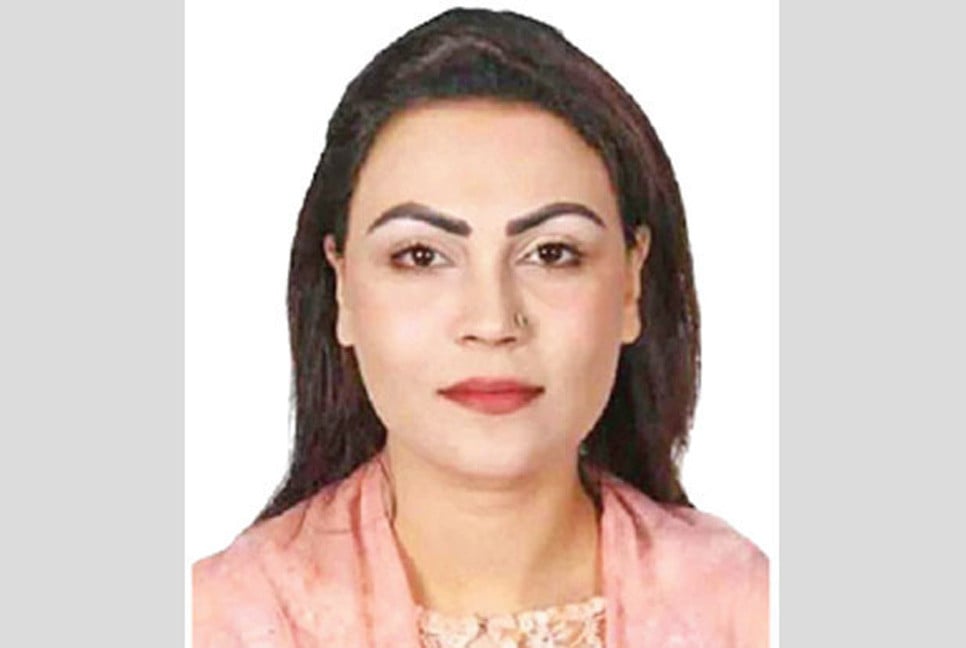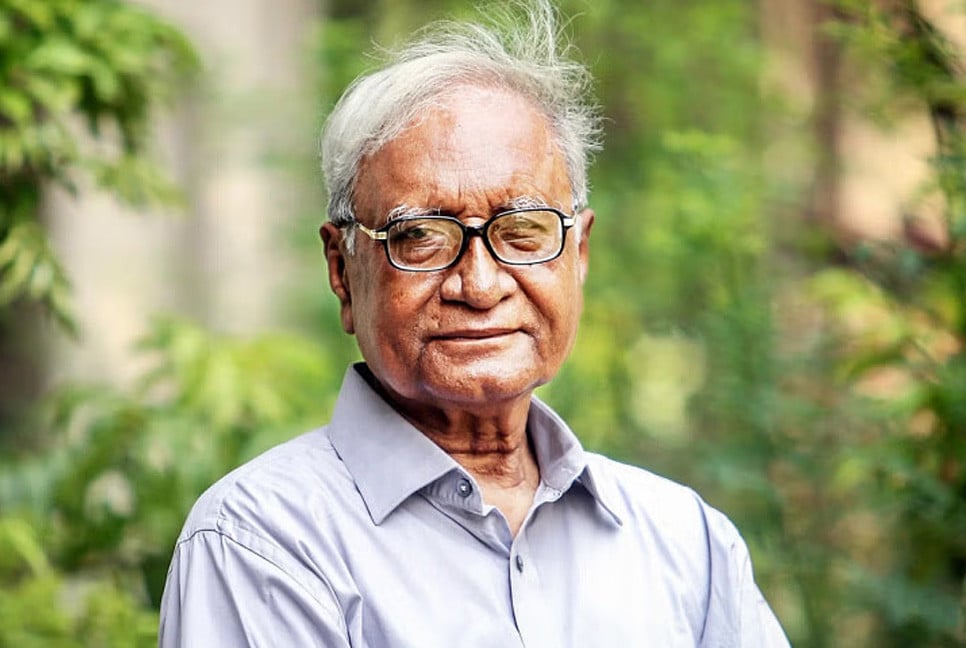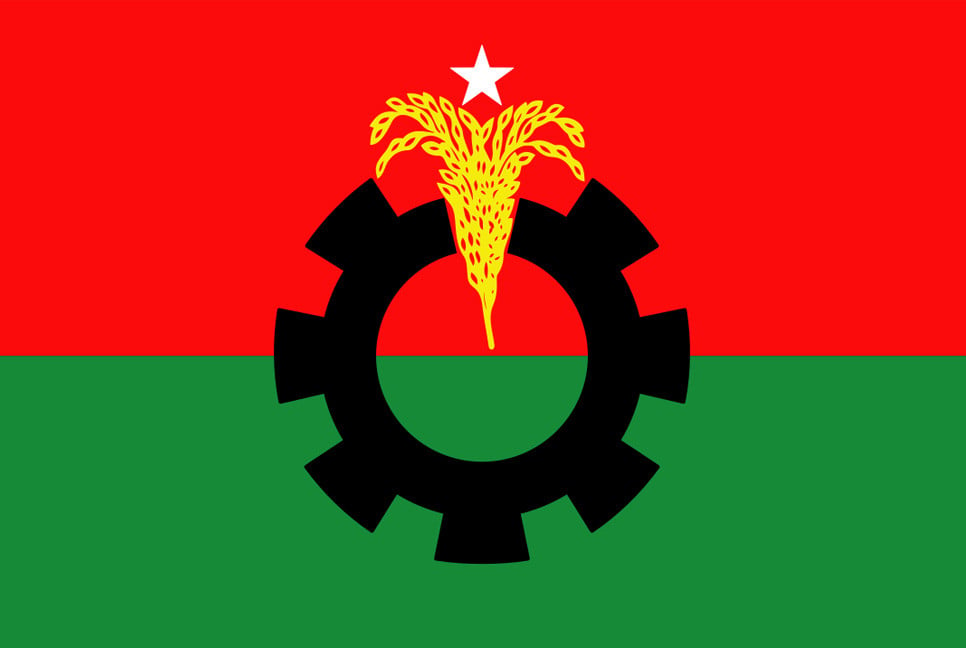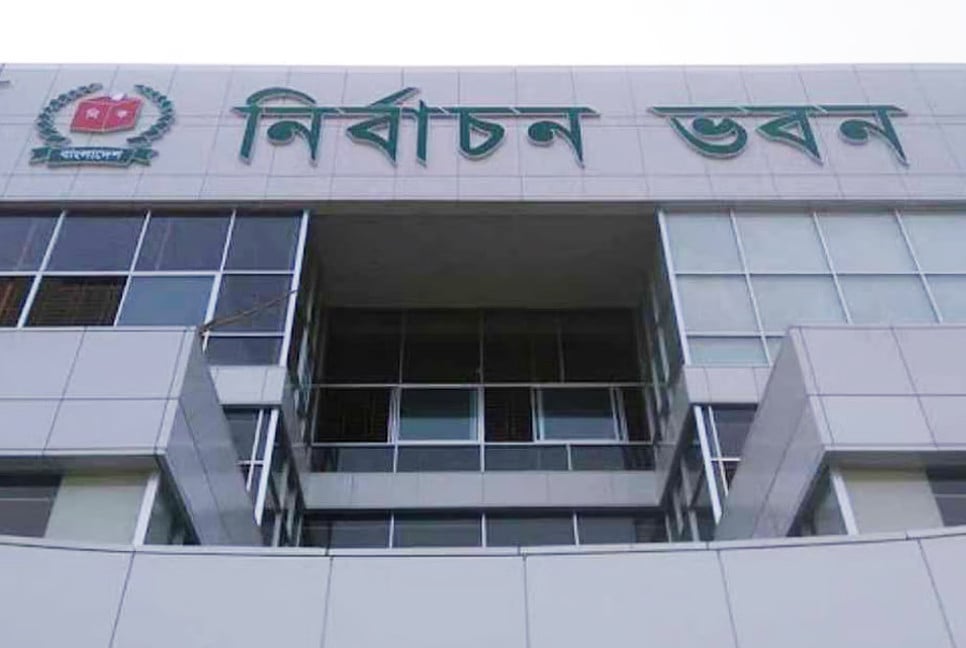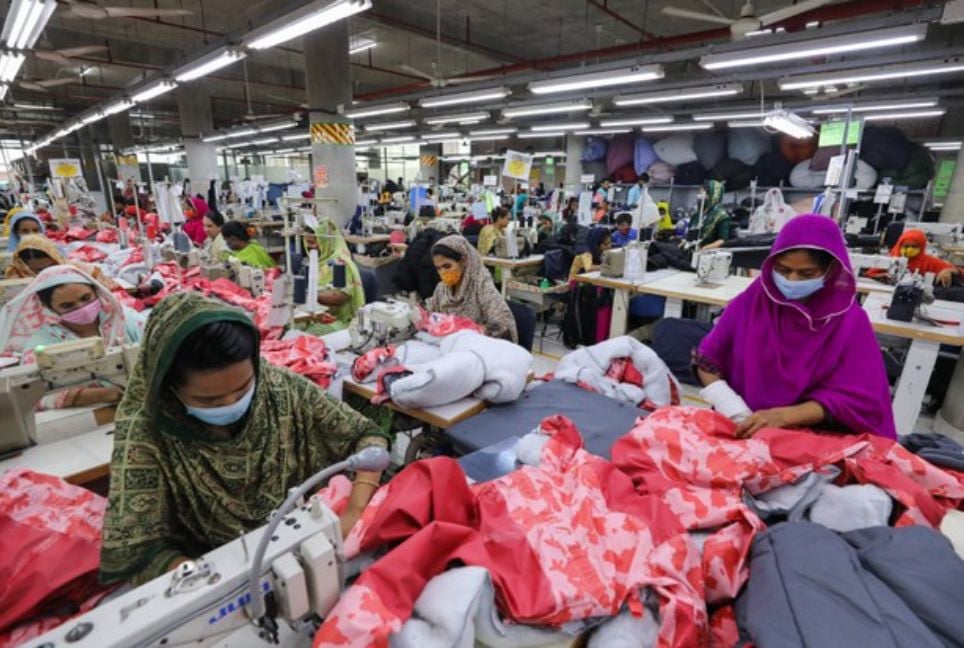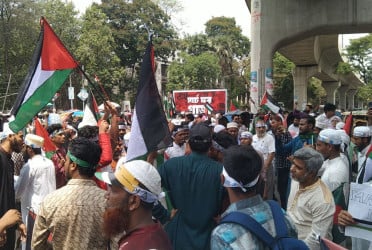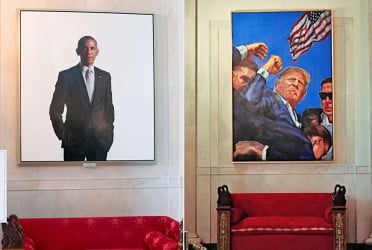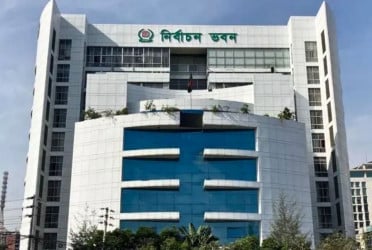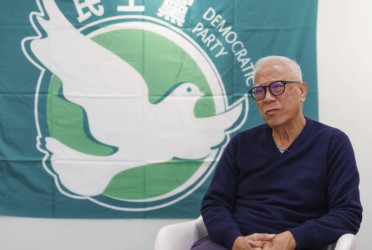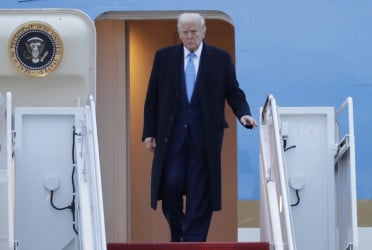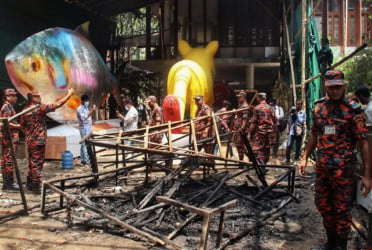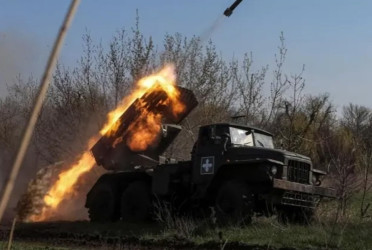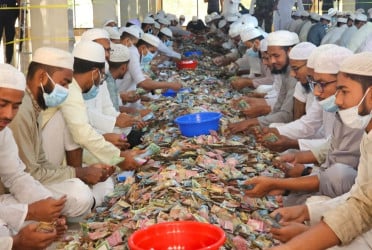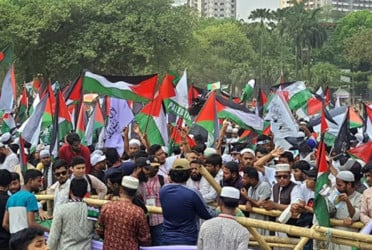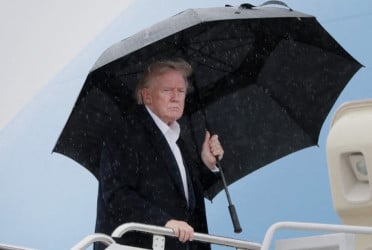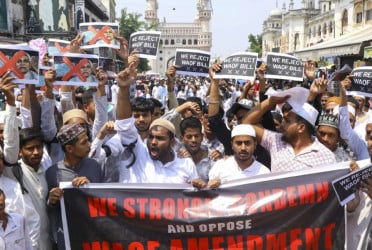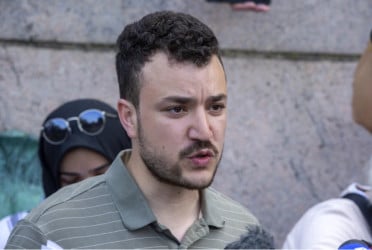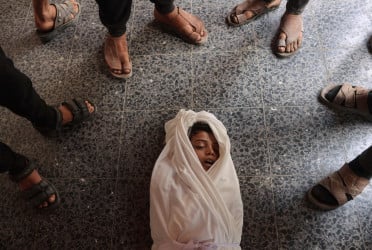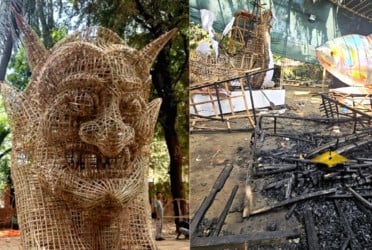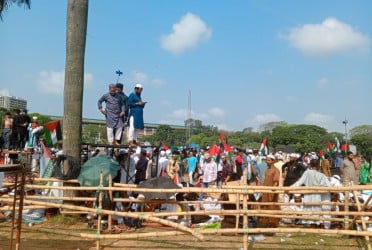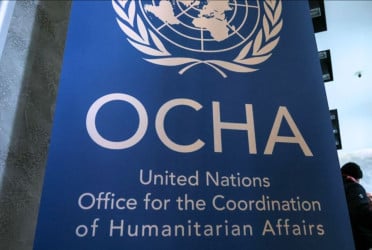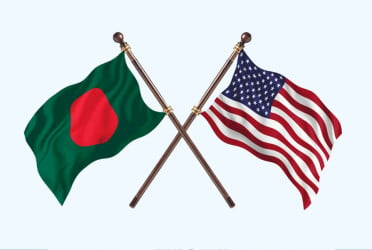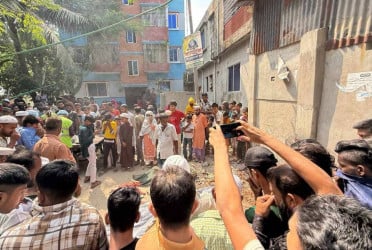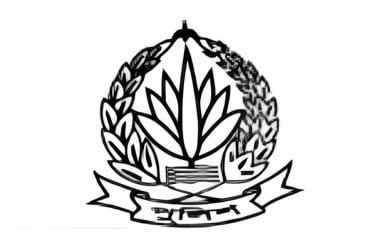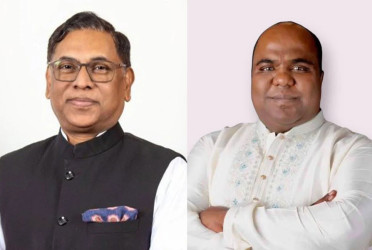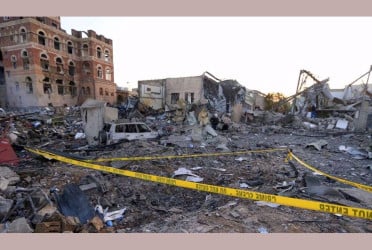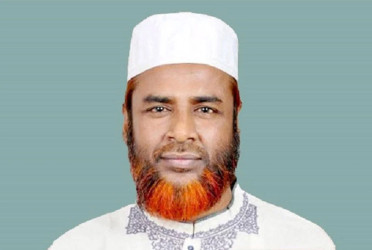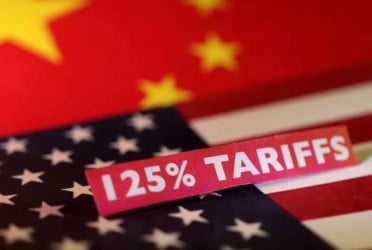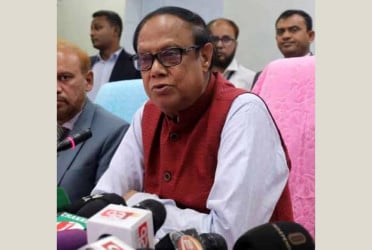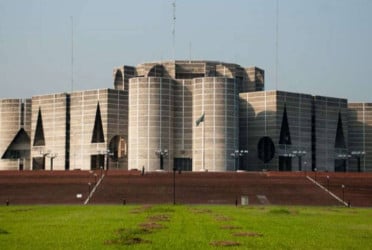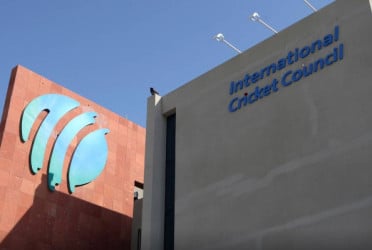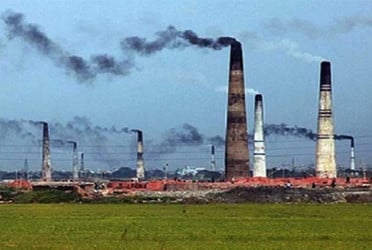Businesses are once again reeling under the weight of fear, anxiety, and inconstancy. Following a travel alert issued in the extreme deterioration in law and order, foreign investors are losing trust, plunging the country’s investment climate to new squats.
The situation on the ground is chaotic, with factories experiencing planned disruptions. Arson, vandalism, and delays in raw material imports are crippling production. A fuel crisis has only worsened the turmoil. Job creation has come to a halt, and the shrinking job market is increasingly concerning for both employees and employers.
Economic activity is facing intense pressure, with numerous challenges stifling commerce and trade. Businessmen and entrepreneurs, already subjected to harassment, are growing increasingly fearful and anxious. Many are reminded of the oppressive actions from over a decade ago, when prominent business leaders were arrested, funds were misused, and the business environment was destabilized, leaving long-lasting scars.
The memories of that era’s devastating impact—marked by unemployment and a battered economy—are still fresh. Now, with the current unrest, entrepreneurs fear history may repeat itself, threatening to derail the fragile economic recovery.
This growing uncertainty is not just a challenge for businesses; it poses a significant risk to the country’s overall economic stability and future growth.
The recent unrestrained rise in prices of daily necessities, reminiscent of the January 11, 2007, crisis, has economists and industrialists concerned about a potential repeat of past chaos in the industrial sector.
Insiders reflect on January 11 as a pivotal moment in the nation's political and economic history. Public outrage surged over soaring commodity prices, while the economy struggled, and leading industrialists faced targeted harassment, destabilizing the business climate.
Economists caution against a repeat of such instability, especially following the fall of the Awami League government on August 5. They highlight rising concerns of similar disruptions, with legal actions, including murder charges, now being leveled against prominent business figures.
To safeguard the industrial sector during this transitional period, experts urge the interim government to exercise extreme caution and prioritize stability. Ensuring a conducive business environment, they argue, is crucial to avoiding a repeat of the economic and social turmoil of 2007.
Speaking to concerned individuals reveals that an interest-driven group appears intent on undermining the interim government’s public mandate. Their goal seems to be creating controversy, sowing confusion, and obstructing trade and commerce. Alarming signs are already evident.
Major business groups responsible for importing essential goods and ensuring market supply chains have become prime targets. Many prominent traders' bank accounts have been frozen, and several top entrepreneurs are facing intimidation, creating widespread fear within the business community.
Small and medium-sized traders are also under pressure, silenced by threats and harassment, which is fueling growing uncertainty. Entrepreneurs and investors are reluctant to make new investments, while disruptions in imports are forcing many businesses to reduce production.
Compounding the situation, certain groups are increasingly taking the law into their own hands, heightening insecurity. This atmosphere of fear is paralyzing decision-making, with many businesses adopting a wait-and-see approach, unsure of the future.
Traders still reeling from harassment and losses
Seventeen years have passed since the military-backed caretaker government led by Fakhruddin Ahmed, during which 216 prominent industrialists and politicians were detained. Under that regime, traders faced not only financial penalties but also physical and mental torture. Around 200 businessmen fled the country to escape arrests and abuse, and a staggering 1,232 crore taka were extorted from the business community.
Despite the passage of time, the affected businessmen and industrialists have not recovered their lost money. Many still struggle with the lingering effects of those events, which left a deep scar on the economy. Experts note that it took years to mitigate the economic damage caused by the one-eleven period.
Sector representatives emphasize that the government should focus on recovering the 17 lakh crore taka illegally smuggled out of the country during that time. They call for strict legal action against those responsible.
Today, traders face new challenges that echo the hardships of one-eleven. Reports of false cases, harassment, and threats have forced some businesspeople to flee, while investments face uncertainty. Production in industries has declined by 25-40% due to inadequate security and ongoing crises such as dollar shortages and LC (Letter of Credit) complications.
Business leaders warn that unless immediate measures are taken to restore confidence and resolve these issues, the economy risks further setbacks akin to the turmoil of the past.
The push of one-eleven
The 1/11 era serves as a stark reminder of economic hardship and social instability. During this period, a government crackdown on businessmen led to a sharp decline in investment, weakening the economy. Over half the population fell below the poverty line as the prices of basic goods soared, and no new jobs were created under the two-year tenure of the caretaker government. The closure of industries and businesses further exacerbated the crisis, driving unemployment to record levels.
The Bashundhara Group, one of the country’s leading business conglomerates, endured severe persecution during this period. Recalling the ordeal, a senior officer of the group stated, "Fourteen senior officials of our company were apprehended by an intelligence agency under the 1/11 government. They were detained in interrogation cells for up to three months, enduring unspeakable physical and mental torture. Many faced imprisonment for over 12 years on fabricated charges."
The 1/11 government’s measures not only destabilized the business sector but also inflicted long-lasting socio-economic damage, highlighting the devastating consequences of unchecked governance.
He stated, "Around 35 false cases were filed against several family members, including our group's chairman, and 14 group officers. Similarly, after August 5, about 15 additional false cases targeted the chairman and family. Many have endured over 12 years in jail on baseless charges."
A victim of oppression during the 1/11 interim government recalled the severe challenges faced by businesses under its rule. Speaking anonymously, the official shared, “Despite holding no power, certain directors forcibly sold our group’s land for Tk. 256 crores using an intelligence agency of the time. Shares of a print and electronic media company under our name were also unlawfully transferred. Although the High Court and Appellate Division later ordered the money to be refunded, not a single penny has been returned.”
The businessman further described how entrepreneurs across industries suffered under the regime. With many jailed, businesses crumbled, leading to a cascade of defaults. He noted, “Workers’ salaries went unpaid for months. Layoffs became inevitable, and some workers resigned voluntarily. With no new jobs being created, the unemployment rate surged to over 50%.”
The 1/11 period is remembered as a time of economic instability and injustice, leaving lasting scars on the country's business landscape.
A recent study by the Center for Policy Dialogue (CPD) revealed that two crore people fell below the poverty line due to rising prices of essentials like rice, flour, and oil. Poverty levels, which stood at 40% before the caretaker government, surged to 65% during its tenure.
Business leaders had hoped that under the new government, trade and business would recover from the stagnation experienced during the previous Awami League administration. However, their optimism has been replaced by frustration and fear due to rising attacks on industrial factories and violence against business owners. Recently, a garment entrepreneur was attacked by a political group, adding to the growing unease.
Ten business associations have issued statements expressing concern over the deteriorating situation, while at the DCCI business conference, industry leaders openly criticized the government’s failure to maintain law and order.
Businessmen cite multiple factors contributing to the stagnation of investment, including high interest rates, industrial sector instability, and ongoing energy shortages. These challenges have led to a sharp decline in industrial production, raising fears of long-term disruptions to the supply chain. The situation has left business owners struggling to keep factories running, with many hesitant to invest in the current climate.
Abdul Awal Mintoo, former president of FBCCI and Chairman of Multimode Group, stated, "Those creating employment through investment in the country have been neglected. Investment is crucial for addressing unemployment, yet the current environment is not conducive to investment. Investors now face a quadruple threat. The government should take steps to refund money to traders."
Dr. Humayra Ferdous, head of the Physics Department at AIUB, has long worked on local industry and sustainable technology development. She emphasized, "Restoring business confidence in the private sector is essential. Traders must ensure a favorable investment environment to recover losses and reinvest. The top priority should be improving law and order. Without this, even essential goods like food could face supply disruptions, leading to a serious crisis that will impact consumers across all classes, from the lower to the upper."
Legal experts contend that filing false murder charges against prominent businessmen not only breaches the law but also damages the country’s business climate. Since the fall of the Sheikh Hasina government, numerous such cases have been filed nationwide, targeting even non-politically affiliated business figures. One notable case involves allegations of student killings against Sheikh Bashir Uddin, the trade advisor of the interim government.
According to the Dhaka Metropolitan Police (DMP), 248 murder cases were registered in the capital from August 5 to September 16. Research reveals that many statements in these cases are strikingly similar. Based on the addresses of the accused, it is apparent that one individual, a man in his sixties with no political ties, is a leading businessman in the country.
Sirajul Islam Azad, Chief Human Resource Officer of Bitopi Group, stated, "A false case has been filed against BGMEA leaders. Even our managing director is being sued, despite being out of the country when the alleged crime took place."
Mohammad Hatem, President of the Knitwear Industry Owners Association (BKMEA), added, "Such cases force some business owners to leave the country, disrupting the daily operations of their organizations."
Suman Kanti Singh, General Manager of HR and Compliance at Fakir Group, a major export-dependent garment company, commented, "A false case was filed against our board of directors after August 5, despite their lack of political involvement under the previous government. This has led foreign buyers to question our integrity, damaging both our company's reputation and that of the country."
Mir Nasir Hossain, a former president of the FBCCI, stated, “A covert group is determined to destabilize the interim government by sowing chaos in society and the economy. This harmful faction must be opposed and confronted with full force.”
Rizwan Rahman, former president of the Dhaka Chamber of Commerce and Industry (DCCI), said, “An anti-state group is trying to seize power by creating instability. They are targeting the country’s industries and must be held accountable under the law.”
Demand for refund of Tk 1,232 crore
Between April 2007 and November 2008, officials from an intelligence agency and TFI collected Tk 1,232 crore from approximately 40 individuals and institutions. The funds were deposited into Bangladesh Bank via over 200 pay orders, listed under the government’s 0900 number. There is now increasing pressure from the business community for the return of this extorted money.
So, what is the current status of these funds? A senior Bangladesh Bank official, speaking anonymously, confirmed that the government is aware of the funds' location. However, since the money was placed in a current account, it has not accrued any interest. Several senior officials at the central bank suggested that the government may consider refunding the amount.
The Appellate Division's full judgment, which upheld the High Court's ruling for the return of Tk 615 crore 55 lakh taken from various institutions and individuals during the military-backed caretaker government's tenure, was published on the Supreme Court's website on May 15, 2017.
In the judgment, delivered by a four-judge bench led by then Chief Justice Surendra Kumar Sinha, the court emphasized that the government had failed to explain the legal basis for recovering or extorting the money. The court also criticized Bangladesh Bank and its CEO for supporting this unethical action.
Regarding the refund process, Advocate Ahsanul Karim, a lawyer for the traders, stated that although Bangladesh Bank filed a review petition after the 2017 ruling, it remains unresolved. As a result, the traders have yet to receive their money.
When asked about a potential hearing, Karim noted, “A hearing could take place at any time. We are ready to proceed.”
Advocacy for separating politics from business
Masrur Reaz, Chairman of Policy Exchange Bangladesh (PEB), emphasized the need to separate politics from business to ensure a stable economic environment. He stated that many businesspeople have faced harassment following political changes in the country. "If someone commits a crime, action should be taken after proper investigation, but the overall business environment must not be negatively impacted," Reaz stressed. He called for a clear distinction between political activities and business operations, asserting that political involvement should not harm a business’s functioning.
Economist Reaz further noted that businessmen with political support, but no involvement in criminal activity, should not face harassment, as it disrupts business and production.
Abdul Awal Mintoo, another business leader, criticized the current state of affairs, saying, “People collectively created a society where business or bank loans are impossible without political backing. Politicians have led us here, and blaming businessmen won’t solve the country’s problems—it will only make them worse.”
Looking back on past experiences, Mintoo cautioned, "During the one-eleven crisis, businessmen faced oppression, worsening the country's issues. I hope the current interim government does not repeat that mistake."
Source: Kaler Kantho
Translated by Jisan Al Jubair
Bd-pratidin English


